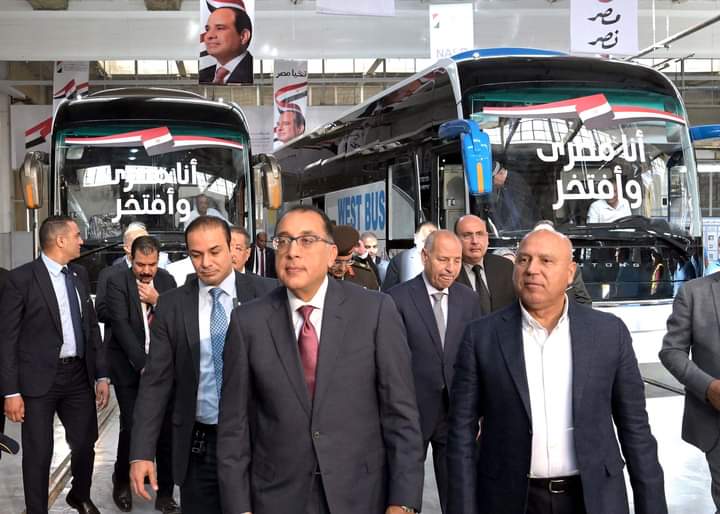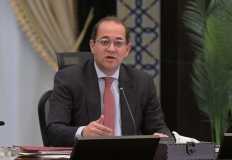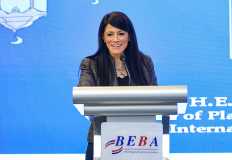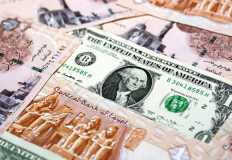
Prime Minister Dr. Moustafa Madbouly attended a ceremony on Saturday to celebrate the resumption of production at the Nasr Automobile Company after a 15-year hiatus. The event marked a significant milestone in the company's history and Egypt's industrial sector.
The ceremony was attended by several high-ranking officials, including Lieutenant General Kamel El-Wazir, Deputy Prime Minister for Industrial Development and Minister of Industry and Transport, Mohamed Shimi, Minister of Public Business Sector, Dr. Yasmine Fouad, Minister of Environment, Engineer Mahmoud Essmat, Minister of Electricity and Renewable Energy, and Dr. Ibrahim Saber, Governor of Cairo.
A documentary film and presentation highlighted the rich
history of the Nasr Automobile Company and the extensive efforts undertaken to
revitalize it.
Dr. Khaled Shedeed, Managing Director of the company,
outlined the ambitious vision for the future, which includes optimizing factory
operations, investing in supporting industries, diversifying product lines to
include light transport, golf carts, and electric tuk-tuks, and streamlining
logistics through the on-site customs zone.
The Minister of Public Business Sector celebrated the historic reopening of the Nasr Automobile Company, a cornerstone of Egypt's national industry. The company's revival, after years of dormancy, signifies the Egyptian government's commitment to industrial development under President Abdel Fattah El-Sisi. This milestone marks a new era for the automotive sector, promising to fulfill Egypt's ambitious goals.
He added that the Ministry is exerting more efforts to
develop its various affiliated companies, aligning with Egypt's Vision 2030 and
the government's strategic priorities. The company's resurgence is a testament
to the collective efforts of its employees and the unwavering support of the
Egyptian state.
During the ceremony, the Prime Minister witnessed the signing
of an agreement to establish a joint stock company between the Nasr Automobile
Company and the Taiwanese-Singaporean "Tron Technology" and the
Emirati "Your Transit" companies, to manufacture electric minibuses.
This collaboration aims to produce 300 buses annually by 2026, along with
establishing a battery production line. The project is poised to boost domestic
manufacturing and attract foreign investment.
The Prime Minister's visit to the factory showcased the
advanced production processes and quality control measures in place. The
factory's current production capacity is 300 buses per year, and it is targeted
to reach 1,500 buses per year by 2027, with a local component rate of 50% in
the first phase, expected to increase to 60-70% later, with exports to Arab
countries. The Prime Minister commended the skilled Egyptian workforce for
their contribution to this revitalization.
Dr.Moustafa Madbouly witnessed the delivery of the first batch, the state-of-the-art "Nasr Sky" buses to the Ministry of Transport. These modern, 49-seater buses are designed for comfort and safety, and will significantly enhance public transportation.
The Prime Minister also received updates on the Tourism's
programs to attract more visitors to the country's historical and cultural
sites.
At the passenger car factory, the Prime Minister inspected
ongoing construction work, which is set to be completed next month. The
modernized facility will have a production capacity of 20,000 cars per shift,
with pilot production starting in mid-2025 with a local component rate
exceeding 45% in the initial phase. The factory is designed to accommodate
multiple models and prioritize local component usage.
Established in 1959, the Nasr Automobile Company played a
crucial in supporting the national industry and is located on an area of
approximately 900,000 square meters in Wadi Hof, Helwan, and consists of 9
factories.
The company was placed under liquidation in 2009 but was reinstated in 2017. After its restart and the modernization of its production lines, the company is poised to enter a new phase of advanced production, aligning with Egypt's vision for sustainable industrial growth.





